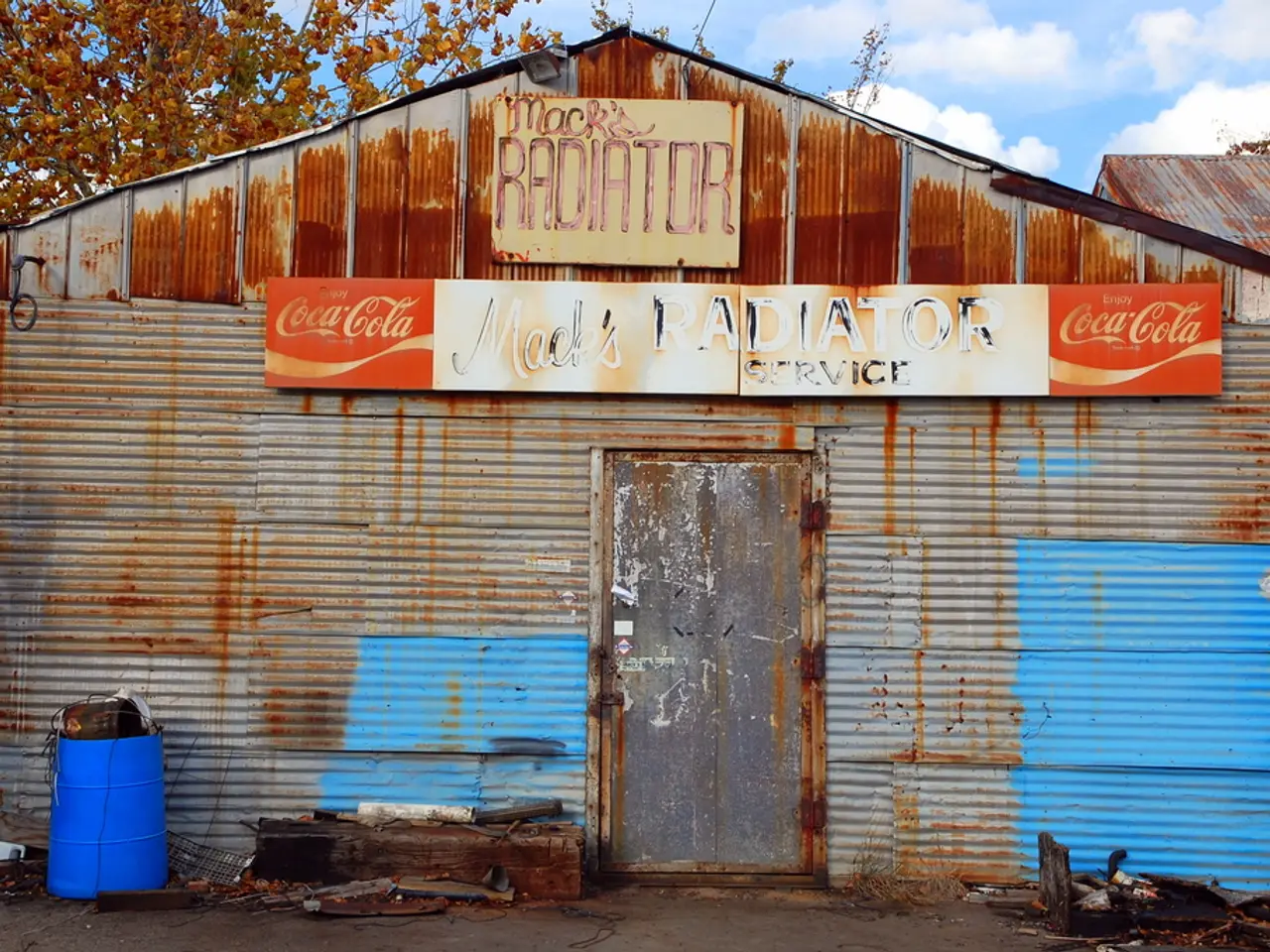Beginning of Safe Waste Disposal for Bhopal Gas Tragedy Remnants Expected in October
The scientific disposal of Bhopal toxic waste ashes involves the burial of 850 tons of ashes, generated by incinerating 358 tons of toxic waste from the Union Carbide factory, in a specially designed leak-proof landfill site near the Pithampur waste disposal facility in Madhya Pradesh’s Dhar district[1].
The planned landfill, covering approximately 2,500 sq meters, aims to prevent any leakage into the ground and contamination of soil or groundwater[1]. Key features and safety measures of the landfill site development include:
- The ashes are sealed in leak-proof bags prior to burial[1].
- The burial chamber will be constructed over a layer of pebbles to assist drainage and containment inside the landfill[1].
- Multiple protective layers will cover the ashes: a plastic cover, followed by a sandy layer, native soil, and topped with grass to stabilize the surface and prevent erosion[1].
- The site is engineered to ensure that toxic residues will never leak into the ground under any circumstances, according to official sources[1].
- The Madhya Pradesh Pollution Control Board (MPPCB) has stated the site will remain safe for at least 30 years, with the ashes containing heavy metals only in tiny amounts[1].
However, the plan has faced legal scrutiny and public interest litigations due to concerns about the presence of radioactive substances and heavy metals like mercury, with worries that long-term burial might contaminate soil and groundwater[2][4]. The MP High Court has repeatedly sought clearer explanations and evidence regarding the safety and environmental impact of the disposal plan, deferring hearings to allow the MPPCB and expert committees to provide detailed information[2][4][5].
The incineration of toxic waste from the Union Carbide plant at Pithampur facility ended recently, marking a significant step in the management of the waste from the Bhopal gas tragedy[3]. It took weeks to burn down the entire lot of 358 tons of toxic waste in the incineration facility and the process ended at one in the morning on June 30 this year[3].
The landfill site will be under observation for 30 years to ensure no pollution issues[1]. The Madhya Pradesh High Court has granted the MPPCB four weeks to present a plan for disposal of ashes generated by incineration of toxic waste of Union Carbide at the Pithampur facility[4].
References:
[1] Times of India. (2022, June 29). Bhopal: Toxic waste incineration ends, ashes to be buried in leak-proof landfill. Retrieved from https://timesofindia.indiatimes.com/city/bhopal/bhopal-toxic-waste-incineration-ends-ashes-to-be-buried-in-leak-proof-landfill/articleshow/93276712.cms
[2] The Hindu. (2022, June 23). Bhopal toxic waste: HC seeks response on disposal of ash in landfill. Retrieved from https://www.thehindu.com/news/national/bhopal-toxic-waste-hc-seeks-response-on-disposal-of-ash-in-landfill/article65595422.ece
[3] Livemint. (2022, June 30). Union Carbide’s toxic waste incineration ends in Madhya Pradesh. Retrieved from https://www.livemint.com/news/india/union-carbide-s-toxic-waste-incineration-ends-in-madhya-pradesh-11656708468887.html
[4] The Indian Express. (2022, July 11). Bhopal toxic waste: MP HC grants MPPCB four weeks to submit plan for disposal of ashes. Retrieved from https://indianexpress.com/article/cities/bhopal/bhopal-toxic-waste-mp-hc-grants-mppcb-four-weeks-to-submit-plan-for-disposal-of-ashes-7988636/
[5] The Wire. (2022, June 24). Bhopal Toxic Waste: Madhya Pradesh High Court Seeks Explanation on Disposal of Ashes in Landfill. Retrieved from https://thewire.in/environment/bhopal-toxic-waste-madhya-pradesh-high-court-seeks-explanation-on-disposal-of-ashes-in-landfill
Read also:
- Stone mining has transformed the once renowned 'Sada Pathor' into a desolate, post-apocalyptic landscape.
- Revised Tax Policy for Motor Vehicles Pushed for Greater Eco-friendliness, Suggested by Court Auditors
- Solar Energy Generated in Uckermark Supplies Messe Frankfurt with Eco-friendly Power
- Switzerland conducts a public vote on the future of nuclear energy








